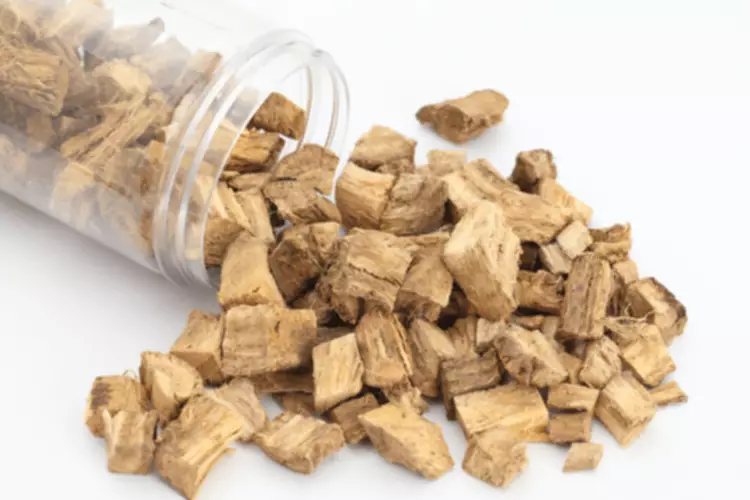
In some cases, reactions can be triggered by a true allergy to a grain such as corn, wheat or rye or to another substance in alcoholic beverages. Having a mild intolerance to alcohol or something else in alcoholic beverages might not require a trip to a doctor. Simply avoid alcohol, limit how much you drink or avoid certain types of alcoholic beverages. Before we get started on Red Wine Allergies, it is really important to understand exactly what distinguish relatively rare wine allergies from the common Red Wine Intolerance.
- Wine contains many organic compounds including proteins from grapes (of course), bacteria, yeast, sulfites (some wines) and biogenic amines (histamine).
- The good news is that alcohol intolerance isn’t too much of a concern.
- Of all alcoholic beverages, red wines usually have the highest histamine content.
- If you have a wine allergy, you should be aware that drinking wine can also trigger an asthma attack.
- Alcohol can trigger asthma attacks in patients who have previously been diagnosed with asthma.
- People with alcohol intolerance may notice one or more of these symptoms after taking a few sips of alcohol.
- You should get plenty of rest and drink lots of fluids to help your body recover faster.
Can You Be Allergic to Alcohol? Yes, Here’s What to Know About Alcohol Intolerance
If your doctor prescribes an epinephrine auto-injector, you should carry it with you at all times. Then go to your nearest emergency department for follow-up care. If you develop symptoms after drinking alcohol, make an appointment with your doctor.
How can I tell if I have a red wine allergy?
People who suffer from seasonal allergies may be likely to also respond to non-allergenic triggers for rhinitis (a stuffy nose and sneezing). In addition, women reported greater incidences of nasal symptoms after consuming alcohol. In some cases, over-the-counter or prescribed medications might help alleviate symptoms. People often call alcohol intolerance an alcohol allergy, and vice versa. People who have a true alcohol allergy should avoid drinking alcohol entirely.
How To Prevent Nasal Congestion After Drinking Alcohol
In fact, a 2017 case study documented an individual who had an allergic reaction after consuming products like beer, wine, cider, and Champagne. After allergy testing, it was confirmed that they had an allergy to yeast. Beer does share some potential allergens with wine, such as ethanol, sulfites, and yeast. Therefore, it’s possible to have an allergy to both beer and wine. For one thing, the alcohol by volume (ABV) is typically higher in red wines compared to white wines.
Mixing Alcohol With Medications: Why It’s Dangerous
When a person is exposed to an allergen, the body responds by producing antibodies, which bind with mast cells (blood cells closely linked to the immune system and allergic responses). When that person encounters the allergen again, the antibodies cause degranulation of the mast cell, releasing histamines that induce inflammation, i.e. an allergic reaction. Ok, so now that we’ve answered the question – why does my nose get stuffy when I drink? – it’s time to determine whether this is really a cause for concern or not. This is especially true if you suffer the occasional 2-day hangover. But even with our guide on how to get rid of a hangover, you may want to dig deeper beyond the simple remedies and solutions to determine whether there is a real cause for concern here.

Beer also contains histamines which could cause a reaction in some people, including sneezing and stuffy nose after drinking. If you have an allergy, your immune system over-reacts to contact with a trigger or “allergen.” If you have an alcohol allergy, your immune system treats alcohol as a threat. It responds to alcohol by producing antibodies known as immunoglobulin E (IgE). If left untreated, an allergic reaction can quickly become worse.

However, to get an accurate diagnosis, it’s recommended that you see a healthcare professional who can conduct appropriate tests and appointments to confirm your why does wine make me sneeze allergy. Unbeknownst to many, Red Wine contains several potential allergens. These allergens could be from the proteins derived from grapes used in the wine.

